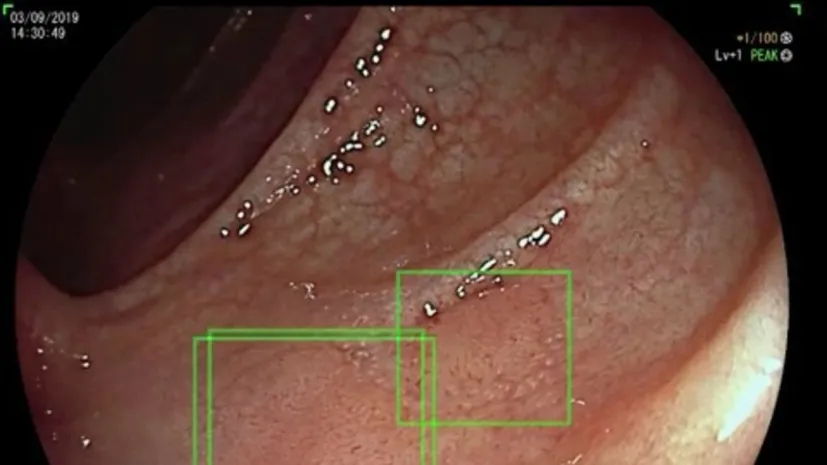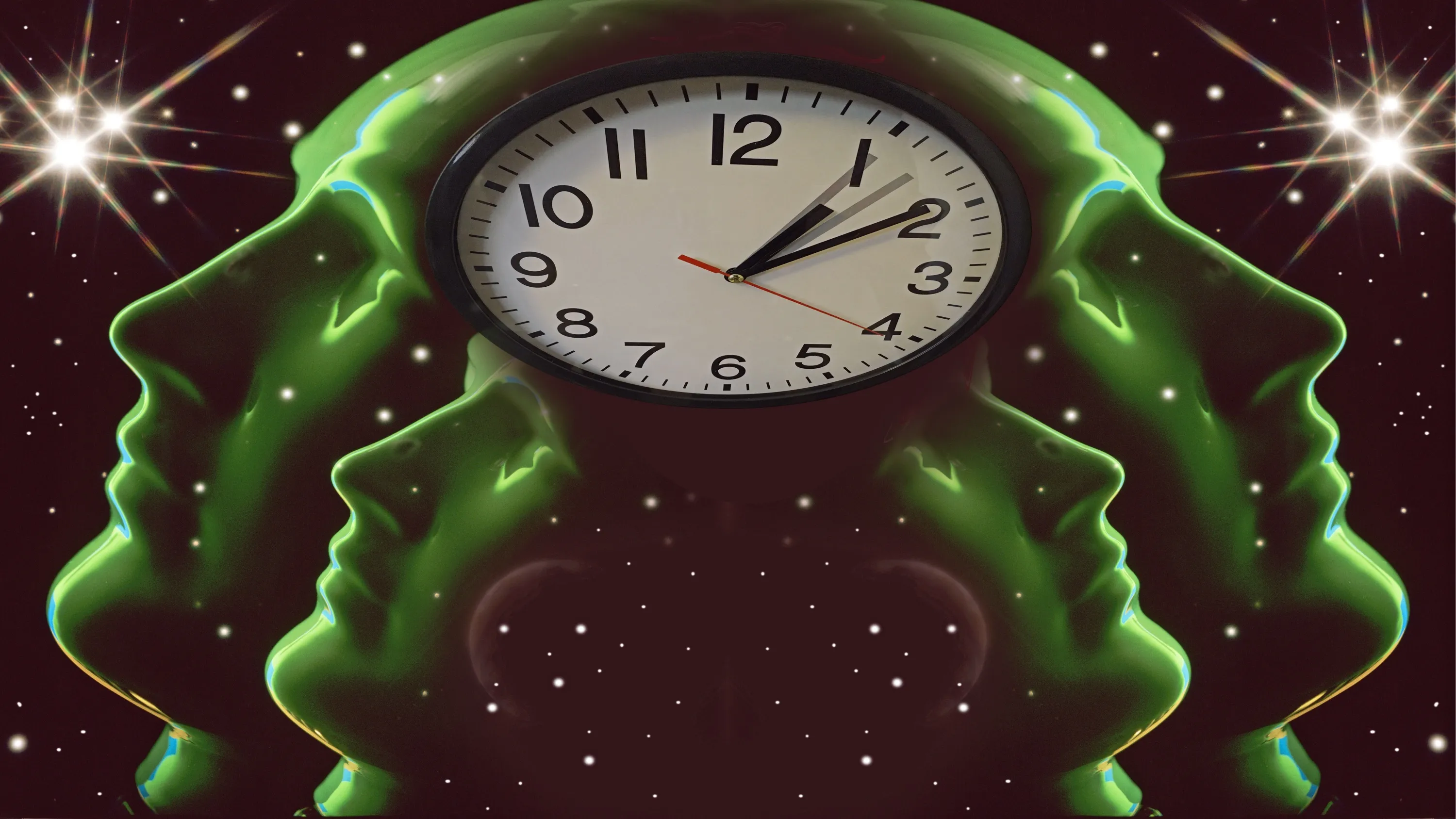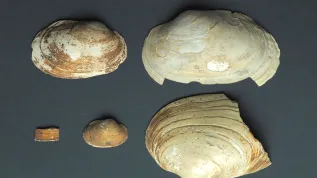-
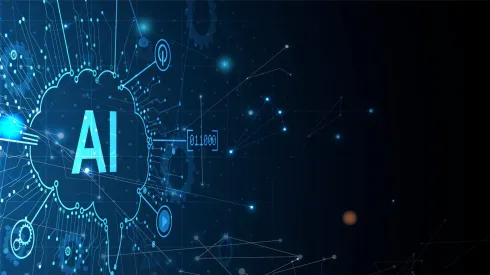
Reputable journals remain key to trust in science despite rise of AI, says expert
In the era of artificial intelligence, reputable scientific journals will remain central to maintaining trust in scientific information, according to Professor Marzena Świgoń of the University of Warmia and Mazury in Olsztyn.
-

Young researchers use AI but remain wary, study finds
Young researchers are embracing artificial intelligence tools but remain cautious about their reliability, according to findings from the international research initiative Harbingers of Change.
-
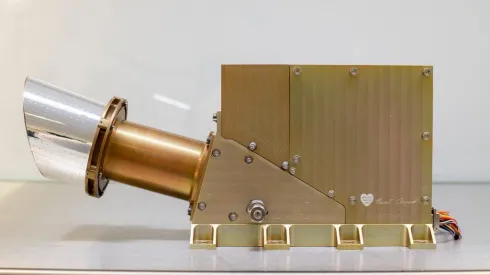
Polish GLOWS instrument to study solar wind on NASA’s IMAP mission
The Polish scientific instrument GLOWS is set to fly toward the Sun aboard a NASA satellite, the Space Research Centre of the Polish Academy of Sciences announced.
-
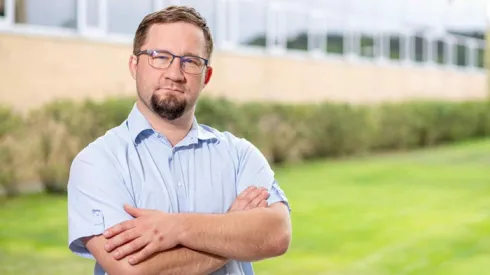
Polish mathematician reveals secrets behind AI test that no human could pass
Scientists from the FrontierMath project have created a new mathematics exam designed to push the limits of artificial intelligence.
-
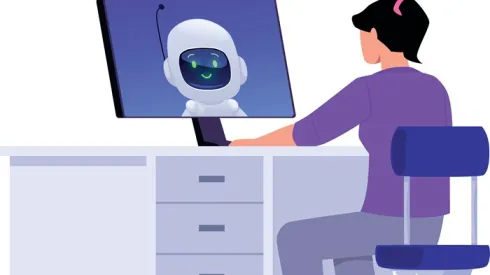
Humanising chatbots will transform our value system, says tech anthropologist
Children are growing up in a digital culture shaped not just by screens, but by frequent interaction with artificial intelligence. According to Ada Florentyna Pawlak, PhD — a technological anthropologist and lecturer at SWPS University — the progressive humanisation of AI tools, including chatbot companions, may have far-reaching effects on how the youngest generation thinks, feels, and relates to others.
-
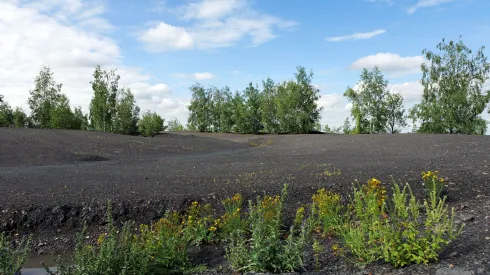
Polish scientists develop new geomaterials from waste in European MidSafe project
The Central Mining Institute – National Research Institute (GIG-PIB) is taking part in the European MIDSafe project, which uses fly ash and mining waste to develop new geomaterials designed to stabilize mine dumps, absorb heavy metals and reduce pollution.
-
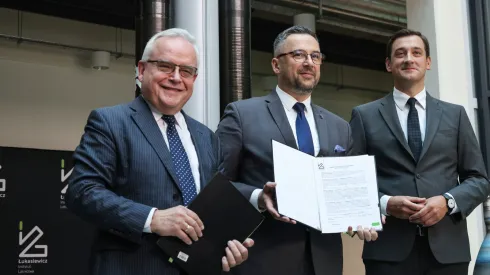
Łukasiewicz Network to test Polish technologies in space
Poland’s Łukasiewicz Research Network has launched the SPARK project, which will develop a Polish research satellite to test domestic technologies in space.
-
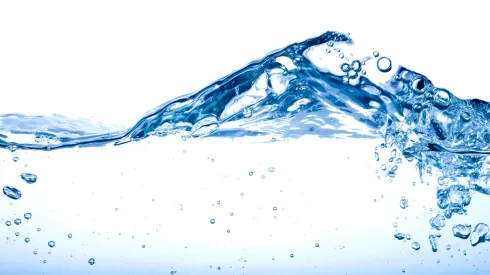
Polish researchers unveil cold plasma tech for water contaminant removal
A team of Polish scientists from Gdańsk and Wrocław has secured a patent for a breakthrough method of removing endocrine-disrupting chemicals (EDCs) from water, potentially transforming wastewater treatment and reducing environmental contamination.
-
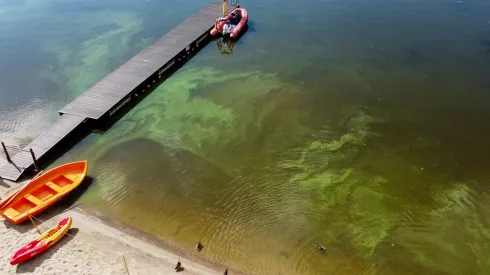
Polish scientists develop technology for cleaning bathing areas in lakes
Researchers from Poland have developed a patented system to create special bathing areas in lakes that limit the inflow of pollutants and cyanobacteria, aiming to restore recreational use to many of Poland’s polluted water bodies.

